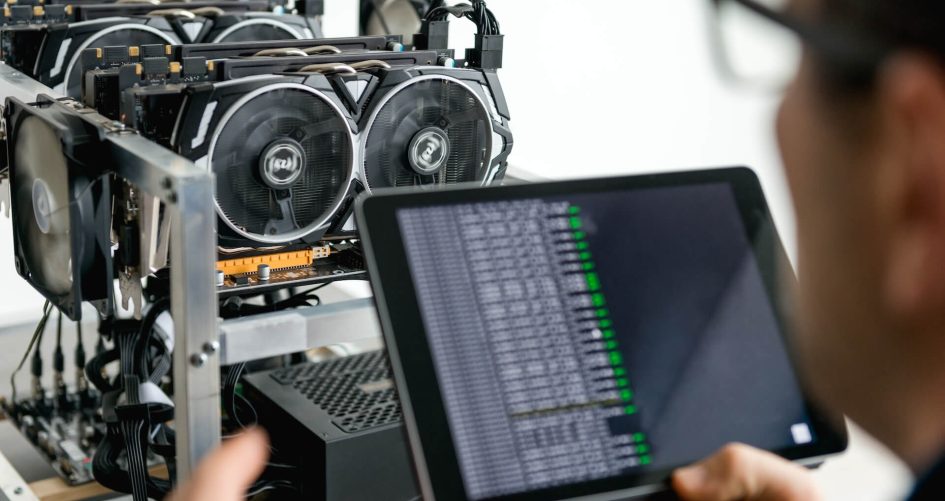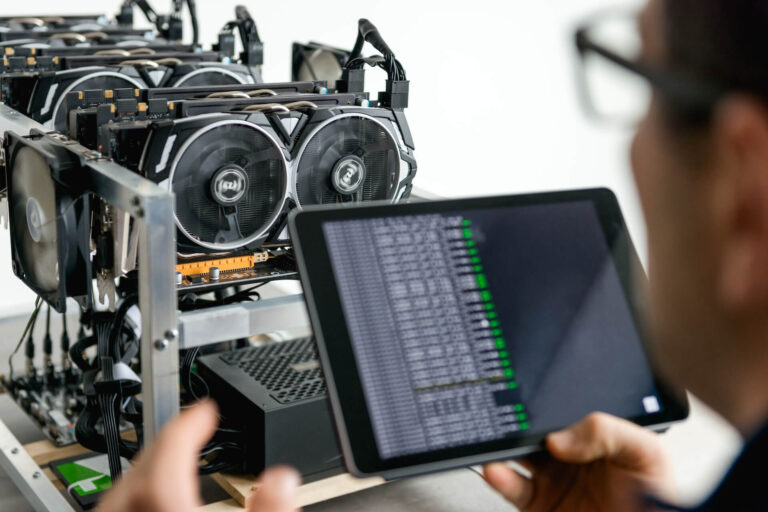
Welcome to Lets Move Solutions, Your One-Stop Source for Networking Solutions and Beyond!

Email: [email protected]

In today’s interconnected world, a strong and reliable network is crucial for businesses to operate efficiently. Maximizing network performance requires not only investing in high-quality networking equipment but also implementing effective optimization strategies. In this article, we will provide essential tips for optimizing your networking equipment to ensure maximum performance and seamless connectivity for your organization.
Just like any other machinery, networking equipment requires regular maintenance to ensure optimal performance. This includes cleaning equipment, inspecting cables and connectors, and updating firmware and software. By keeping your equipment clean and up to date, you can prevent performance issues caused by dust accumulation, loose connections, or outdated software.
Network segmentation involves dividing your network into smaller, isolated segments to enhance security, manage traffic effectively, and improve overall network performance. By segmenting your network, you can isolate critical systems and control access, reducing the risk of unauthorized access and optimizing bandwidth allocation for different applications or departments.
Quality of Service (QoS) configuration allows you to prioritize network traffic based on the type of application or service. By assigning different levels of priority to various applications, you can ensure that critical applications, such as VoIP or video conferencing, receive sufficient bandwidth, minimizing latency and ensuring a seamless user experience.
Optimizing your network’s bandwidth is essential to ensure smooth data transmission and avoid congestion. Bandwidth optimization techniques include traffic shaping, compression, and caching. By implementing these strategies, you can prioritize essential data, reduce redundant data transmission, and make the most efficient use of available bandwidth.
Regularly monitoring and analyzing your network performance is vital to identify bottlenecks, latency issues, or potential security threats. Utilize network monitoring tools that provide real-time insights into network traffic, bandwidth usage, and device performance. This allows you to proactively address any performance issues and make informed decisions for network optimization.
As technology evolves, so should your networking equipment. Periodically assess your equipment to ensure it meets the growing demands of your organization. Upgrading to newer technologies, such as Wi-Fi 6 or faster switches, can significantly enhance network performance and provide better support for bandwidth-intensive applications.
Optimizing your networking equipment is crucial for maximizing network performance and ensuring seamless connectivity for your organization. By following the essential tips outlined in this article, including regular maintenance, network segmentation, QoS configuration, bandwidth optimization, network monitoring, and equipment upgrades, you can ensure that your network operates at its peak efficiency. By investing time and effort into optimizing your networking equipment, you can create a robust and reliable network infrastructure that supports your business operations and fosters productivity.



Stream, create, and compete at the highest levels with industry-leading features and the latest hybrid architecture
